
Odfjell SE and Japan’s Nissen Kaiun Co., Ltd. have formed a new Bergen-based joint venture, Odfjell Hakata Maritime AS, marking a significant expansion of their long-standing partnership and adding substantial capacity to the global chemical tanker market.The JV will launch with a fleet of 10 stainless-steel chemical tankers, equally contributed by the two companies.
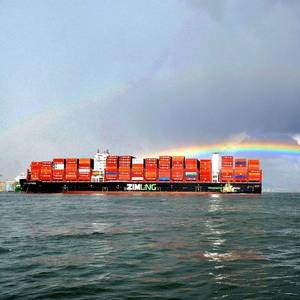
ZIM Integrated Shipping Services reported third-quarter 2025 earnings that, while sharply lower year-on-year, demonstrate the carrier’s ability to generate meaningful profit and cash flow in an increasingly volatile global container market. Revenues fell 36% to $1.78 billion as freight rates continued to normalize from 2024 highs, and net income dropped to $123 million, compared with $1.
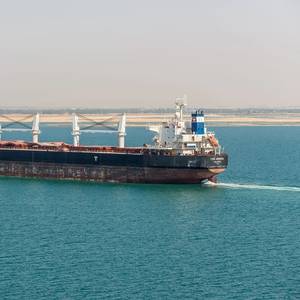
Star Bulk Carriers reported a weaker third quarter amid softening dry bulk markets, lower charter rates and a smaller operating fleet, while continuing to reshape its fleet through vessel sales, refinancing and newbuilding acquisitions.The company posted net income of $18.5 million for Q3 2025, down sharply from $81.3 million in the same period last year. Voyage revenues also fell to $263.
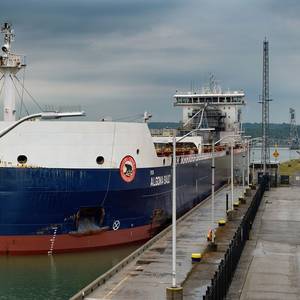
St. Catharines, Ontario–based Algoma Central Corporation (TSX: ALC) reported a solid third quarter for 2025, marked by fleet milestones, steady revenue growth across segments, and ongoing investment in next-generation vessels.For the quarter ended September 30, Algoma posted revenue of C$228 million, up from C$205 million a year earlier, and EBITDA of C$89.7 million, a 19% increase year-over-year.
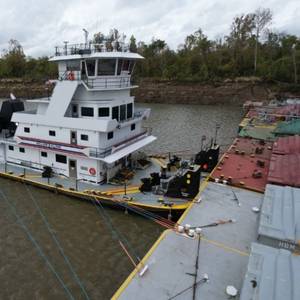
A tow pilot’s distraction caused by personal cellphone use resulted in a collision last year with moored barges on the lower Mississippi River, according to the National Transportation Safety Board.The towing vessel William B Klunk was pushing 22 loaded hopper barges on April 17, 2024, when the tow collided with moored barges at a fleeting area near Baton Rouge.

Global insurer Allianz Commercial recently issued its 2025 Safety & Shipping Review, examining maritime risk trends and losses. The report revealed that the shipping industry has made significant improvements when it comes to maritime safety in recent years. During the 1990s the global fleet was losing 200+ vessels a year.
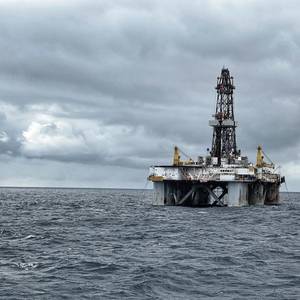
The offshore rig market recovery appears to have taken a pause, with demand tapering off and marketed utilization hitting the lowest levels recorded since recovery began in 2021. A variety of factors have contributed to this – including Saudi Aramco’s suspension of over 30 jackup contracts by up to one year, the entry of newbuild rigs into the market without work to go to
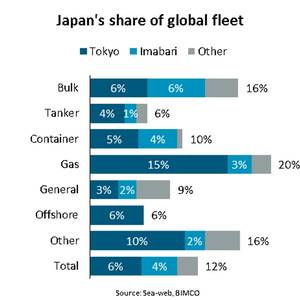
Japan is world’s third largest shipping nation as owners control 12% of the fleet“Combined, Japanese shipowners currently own 12% of the global fleet’s deadweight tonnes capacity (DWT). This makes Japan the third largest shipowning country in the world and one of only three countries where shipowners control more than 10% of the global fleet’s DWT capacity,” says Niels Rasmussen
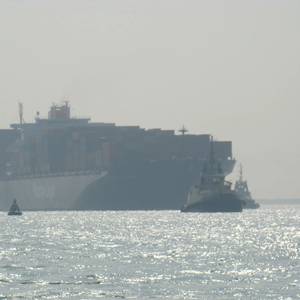
In the ever-evolving world of maritime trade, ship ownership is a key indicator of economic influence and global commerce. As we enter 2025, Veson Nautical offers its Top 10 Ship Owning Nations, offering a detailed analysis of fleet values and industry shifts. This year, China has surged to the top, overtaking Japan in total fleet value
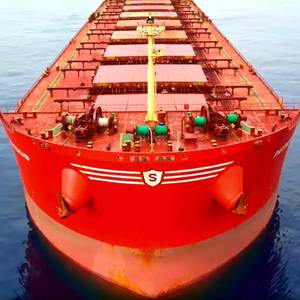
Seanergy Maritime Holdings Corp. has entered into two definitive agreements with unaffiliated third parties in Japan for the purchase of a Japanese-built Newcastlemax vessel and a bareboat charter with a purchase obligation for one Japanese-built Capesize vessel, for approximately $69 million.
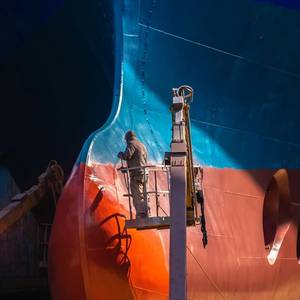
“At the end of 2024, the container ship order book was 8.3m TEU, a new record compared with the previous high of 7.8m TEU in early 2023,” says Niels Rasmussen, Chief Shipping Analyst at BIMCO.As 4.4m TEU were contracted during 2024, the second highest ever, the order book grew despite deliveries hitting a new record high of 2.9m TEU.
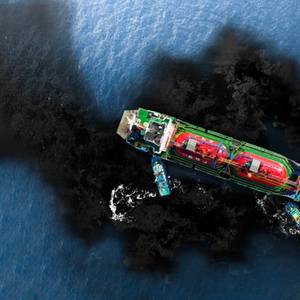
Spilled oil has washed up along "tens of kilometres" of the Russian Black Sea coast after two tankers were badly damaged in a storm at the weekend, a regional official said on Tuesday, and state media said a third vessel was now in trouble.TASS news agency said the third ship, also a tanker, had issued a distress signal off the port of Kavkaz, but its hull was still intact